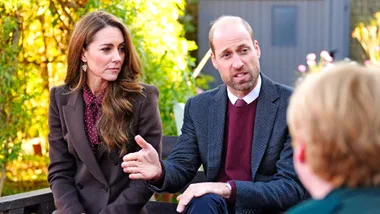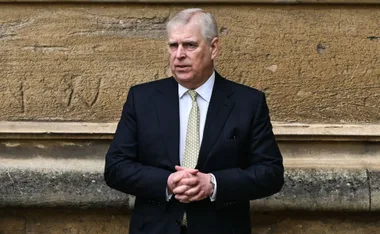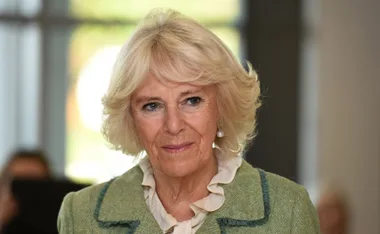Follow these six helpful tips and use the leftover cash to buy yourself that new outdoor setting.
Make extra repayments
While interest rates are low, consider increasing your monthly mortgage repayments so you can own your home sooner and reduce the interest you pay over the life of the loan. The monthly repayments on a $300,000 mortgage over a 25-year term at 5.0 per cent are around $1,753. By increasing your monthly repayments by $400 you could save $76,316 in interest and pay the loan off seven years and seven months earlier. Finding that extra money each month might not be easy, but it’s surprising how much people can reduce their incidental spending if they take a closer look at their household budget.
Pay fortnightly instead of monthly
On the same $300,000 mortgage, a person can cut three years and six months off the life of the loan and save $36,319 in interest, simply by swapping to fortnightly repayments. The loan is reduced faster as there are 26 fortnightly repayments each year, instead of 12 monthly repayments.
Make lump sum repayments
People can also attack their loan faster by making lump sum repayments whenever they can. Tax returns, work bonuses or inheritance money can all be ploughed straight into the mortgage to help reduce interest. On a $300,000 mortgage, one lump sum payment of $10,000, made five years into the loan, would save $16,342 in interest and reduce the term by one year and three months. While it’s tempting to spend cash windfalls, try to stay focused on the main prize — becoming debt-free sooner.
Keep savings in a mortgage-offset account
Since the global financial crisis, Australians have started saving again. While many people choose to park their cash in high interest online accounts or term deposits, a better option could be a 100 per cent mortgage-offset account. Any money in the offset account will be working to reduce interest and pay the loan off faster. Another advantage of mortgage-offset accounts is that the cash can be easily accessed if necessary.
Shop around
Home loan exit fees were abolished on all mortgages taken out from July 1, 2011, making it easier for consumers to shop around for a better deal. According to the Canstar home loan comparison website, the difference between the cheapest variable interest rate and the average is 1.43 per cent. Customers switching from the average to the cheapest rate could potentially save around $255 per month on a $300,000 mortgage. However, people need to be mindful that they will still be charged a discharge fee from their existing lender, plus application fees by their new lender.
Before making the switch, it’s important to consider whether these costs will outweigh the potential savings of a lower interest rate, and how long it will take to break even.
Dianne Charman is an Authorised Representative of AMP Financial Planning Pty Ltd, ABN 89 051 208 327, AFS Licence No. 232706. Any advice given is general only and has not taken into account your objectives, financial situation or needs. Because of this, before acting on any advice, you should consult a financial planner to consider how appropriate the advice is to your objectives, financial situation and needs.
To find your nearest AMP financial planner visit www.amp.com.au/findaplanner.
Newsletter conversion description. Get the latest in your inbox.

























































































































































